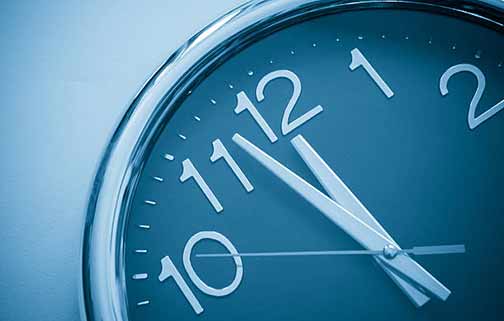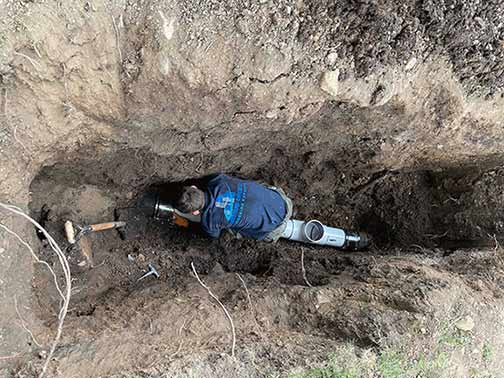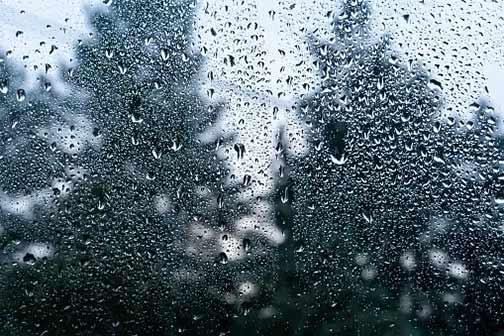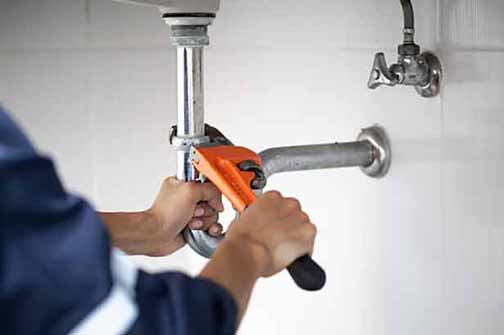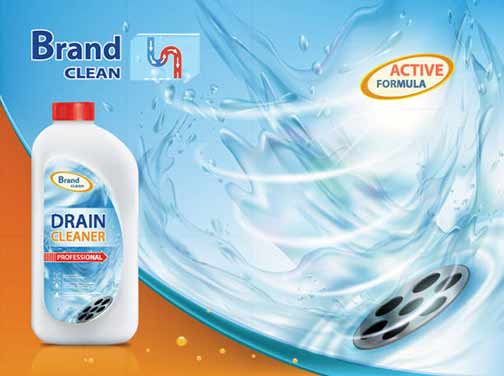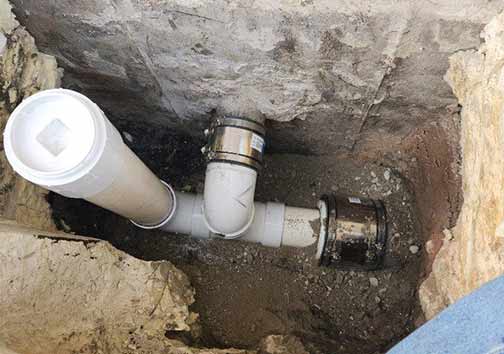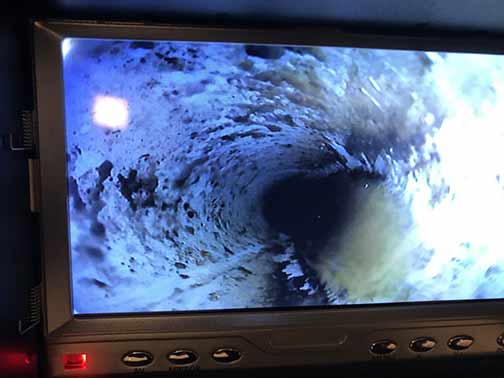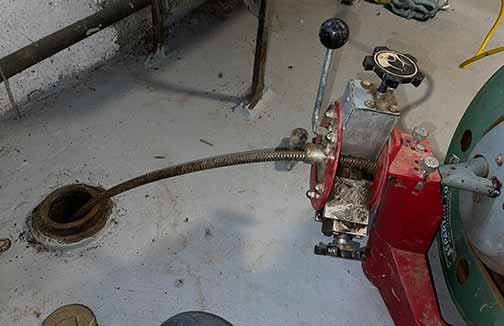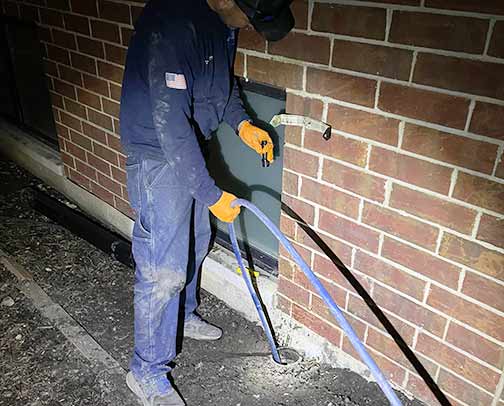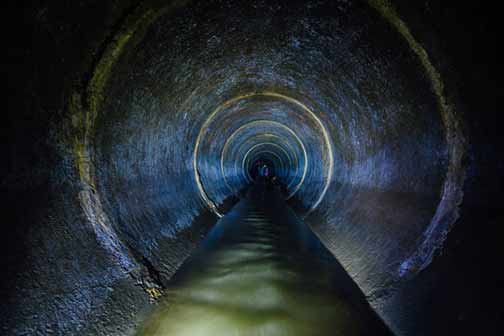
The underground sewer line on your property is probably the most invisible feature of your entire home. Every homeowner knows that their home has a sewer line that transports wastewater from their plumbing fixtures to the municipal sewer lines in the street.
However, very few homeowners understand how this system works, notes the team at Astoria Charm Property Management. In most homes, sewer line care is the least-attended aspect of a homeowner’s home maintenance routine. Why? The reasons are simple:
- Sewer lines are underground. They are not in the owner’s line of sight. As such, they are easy to forget.
- Secondly, sewer line maintenance does not command a sense of urgency because homeowners often assume that their sewer pipes are tough.
- Thirdly, sewer line maintenance is unpleasant; no one wants to deal with pipes that are full of gross waste materials.
As a result, many homeowners don’t know the exact location of their sewer line or the actual condition of the pipes. That is the main reason sewer line repairs are among the most difficult issues to deal with as a homeowner.
If a homeowner does not maintain their sewer line, they will also be unable to detect budding issues in the system. As a result, sewer line problems are often allowed to go on for a long time before they are eventually detected.
Most homeowners only become aware of sewer line issues when they become plumbing emergencies, which are problems that make plumbing unusable.
Do you know where your sewer lines are located? Is your system working? Below are guidelines to help you determine your sewer line’s condition and protect the pipes.
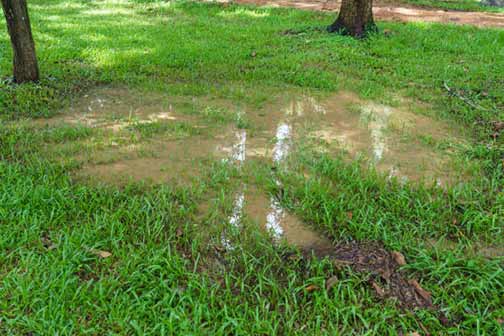
Damp areas in your yard mean the sewer line does not contain the wastewater inside it. A section of the line may be bellied or cracked.
4 signs that your sewer line is in trouble
Even though sewer lines are underground, if there are problems with the system, symptoms will often show up above ground. Here are four telltale signs that your sewer line needs urgent attention.
Slow drains
Slow drains in your home are often the first sign you will see if there are blocked or collapsed sections in your sewer line. The clearest indication of a sewer line problem is when multiple drains in your home are slow at the same time. A single slow drain is not necessarily a sign of sewer line problems.
Changing water levels in the toilet
If you flush your toilet and the water inside the bowl rises before slowly draining away, you may have a problem with your sewer line. Also, if the water level sometimes falls below the usual level, you may suspect problems in your sewer line. The inconsistent water level in the toilet bowl is a sign of sewer line issues.
Damp areas in your yard
Damp areas in your yard mean the sewer line does not contain the wastewater inside it. A section of the line may be bellied or cracked. It could also be that a weak joint in the system is leaking wastewater into the surrounding soil. In severe cases, this problem can cause flooding on your property.
Grading issues in your yard
Sometimes, the issues in your sewer line will not create damp spots around the yard. Instead, they will cause portions of the yard to start to rise. The ground may swell as a result of its increased moisture content. That can cause the lawn surface to become uneven and lead to flooding.
How to make sure your sewer line works properly
If any of the above signs are on your property, you may want to contact a professional plumber and have them investigate the signs further. But if there are no signs of sewer line problems in your home, here are steps to ensure you never have them.
- The following types of food waste should never enter your drains: stringy/fibrous foods, oils, fats, grease, eggshells, coffee grounds, and starchy foods.
- Only use single-ply toilet paper or “sewer safe” single-ply toilet paper; extra thick toilet paper may get stuck in sewer lines.
- Diapers, rubber bands, dental floss, feminine hygiene products, and paper wipes/towels should never be flushed down the toilet.
- Keep tree roots away from your sewer line. Tree roots can penetrate and block underground sewer pipes.
- Have the sewer line inspected by a professional plumber at least once a year. The best method is a sewer camera inspection service.
- Clean your sewer line yearly to remove any buildup inside it, even if the sewer line is not showing any signs of trouble.
It is hard to overestimate the value of a functional sewer line to your health, comfort, and your building’s structural integrity. Keeping your sewer line in the best possible condition is not hard at all. You need to follow these simple rules above.


